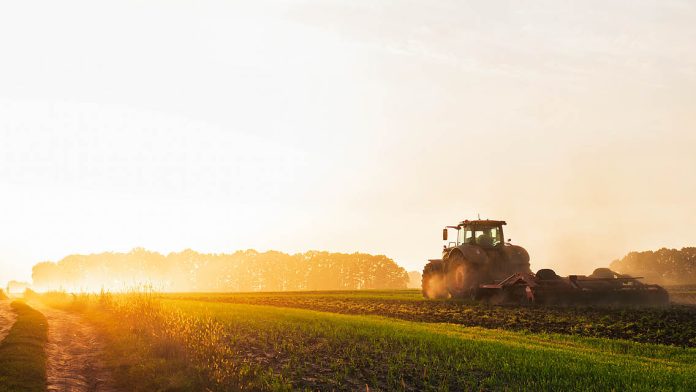Scientists first extracted nitrogen from the environment and created artificial fertilizer within the early 1900s; farming hasn’t been the identical since. Fertilizer use was adopted by the event of artificial pesticides, fungicides, and herbicides, together with new plant varieties bred for increased yields — and infrequently genetically engineered to withstand the herbicides.
Many farmers shortly embraced these chemical substances, which allowed them to provide larger crop yields with lowered labor. Farms grew bigger and have become much less diversified; animals had been moved off their pastures and into high-production confinement amenities. Farming was industrialized. The next practices oversimplify an inherently advanced pure system, disrupting and weakening the soil because of this.
Using chemical fertilizers disrupts the pure relationship between vegetation and microorganisms. Slightly than receiving vitamins from the soil and its microbes, vegetation are force-fed artificial compounds — typically derived from petroleum — which might be designed to maximise plant development and yield. Consider this as much like feeding a human being a towering pile of pizzas: The vegetation get extra vitamins than they want in a yr, and it hardly comes from probably the most nutritious meals.
Using pesticides, fungicides, and herbicides impacts much more dwelling issues than the goal organisms listed on the label; typically they kill key ecosystem gamers. Fungicides, as an illustration, can destroy the helpful fungi within the soil that hyperlink plant communities and assist vegetation entry vitamins, water, and protecting chemical substances.
Total, the dangerous chemical substances cut back biodiversity, which is as necessary within the farm ecosystem as in some other.
“These microorganisms underground create the construction of the soil, which our personal society relies on. It’s as in the event that they’re constructing a metropolis each few months and should you until you’re knocking it down each few months.”
Tilling the bottom destroys the advanced underground ecosystem by which soil microorganisms dwell and do their work. “These microorganisms underground create the construction of the soil, which our personal society relies on,” explains Didi Pershouse, creator of The Ecology of Care. “It’s as in the event that they’re constructing a metropolis each few months and should you until you’re knocking it down each few months.”
Monoculture planting is the observe of elevating single crops fairly than a various array. It streamlines manufacturing and reduces prices for farmers (and is inspired by authorities subsidy packages), however it disrupts soil ecology.
“Fewer sorts of microorganisms within the soil signifies that vegetation obtain much less in the best way of helpful compounds and molecules that soil microbes make,” explains biologist Anne Biklé, MLA.
Nature is innately various and crowded with life: A sq. foot of native prairie, as an illustration, can maintain greater than 100 plant species, and every species feeds barely completely different vitamins to soil microorganisms.
When just one species of plant is grown over a big space and surrounding vegetation is cleared away to reveal soil, only a small share of the soil’s microorganisms obtain the vitamins they want. This lowered inhabitants can’t then provide the total vary of advantages, together with vitamin, that the vegetation want.
“These microbes are inclined to concentrate on doing a number of issues,” says David Montgomery, PhD, professor of geomorphology on the College of Washington. “You need an important variety of them to do a broad set of processing within the soil. With out that, it’s like having a village the place everybody does the identical factor. In the event you solely have bakers in that village, everybody will solely eat bread.”


